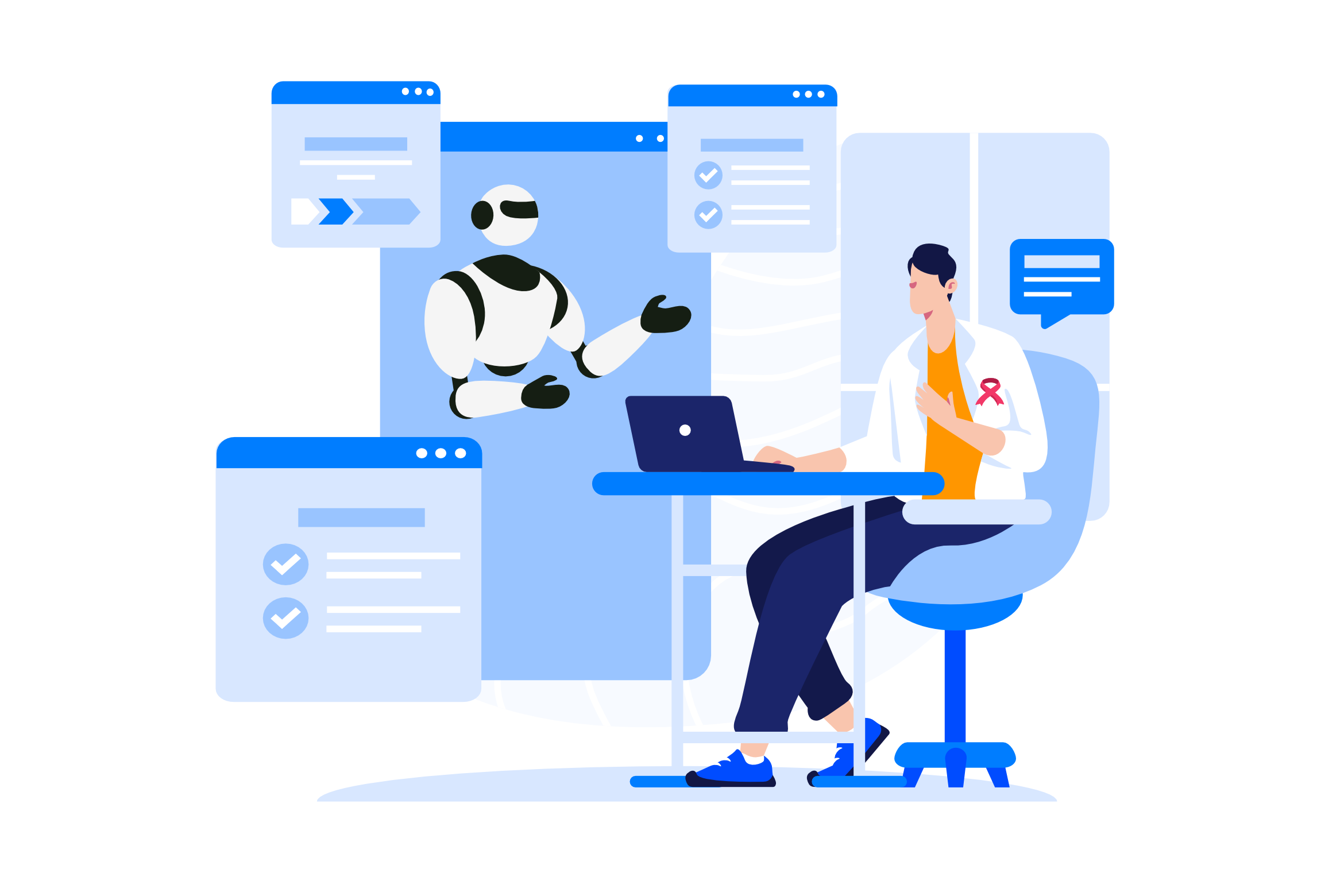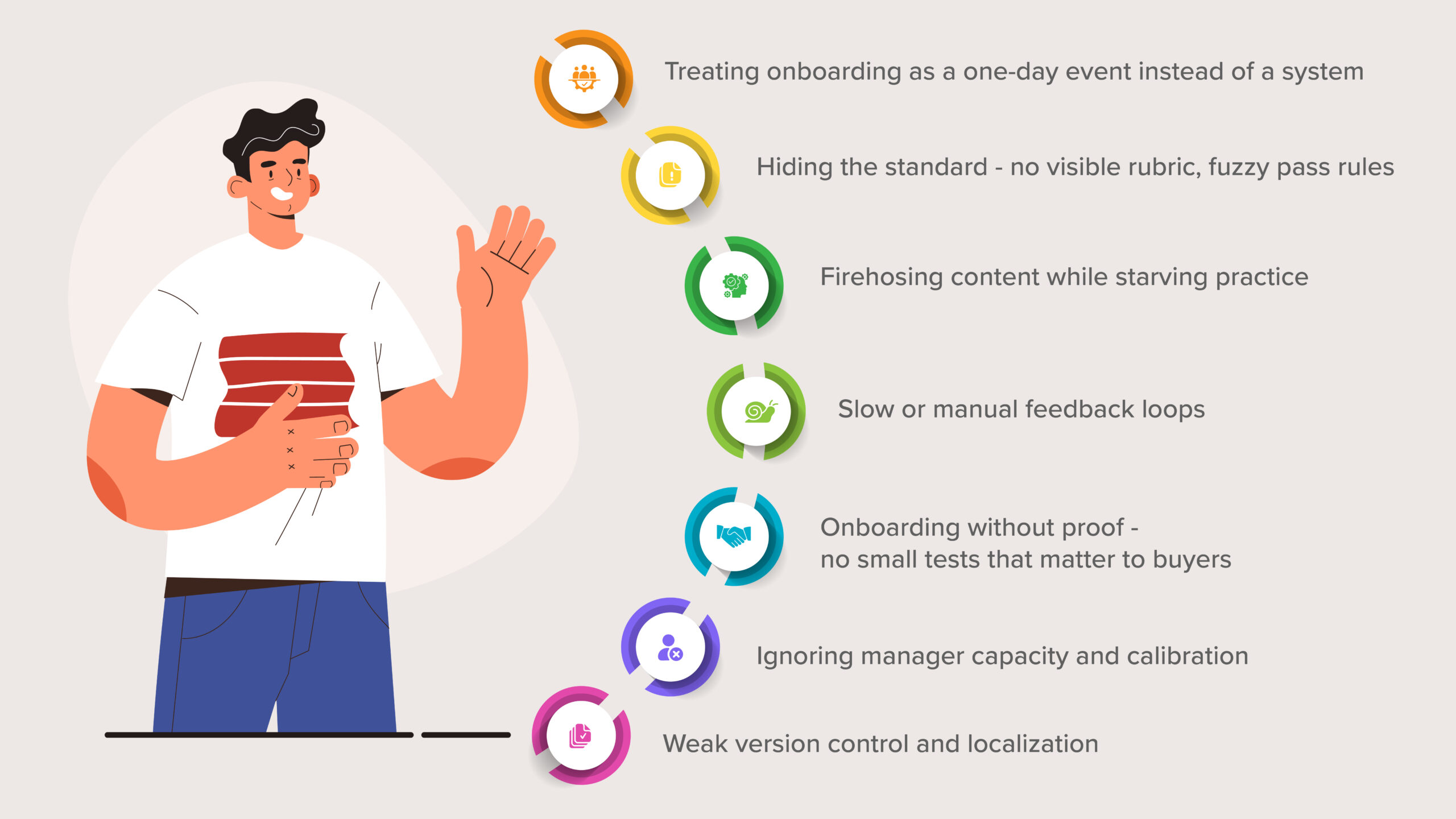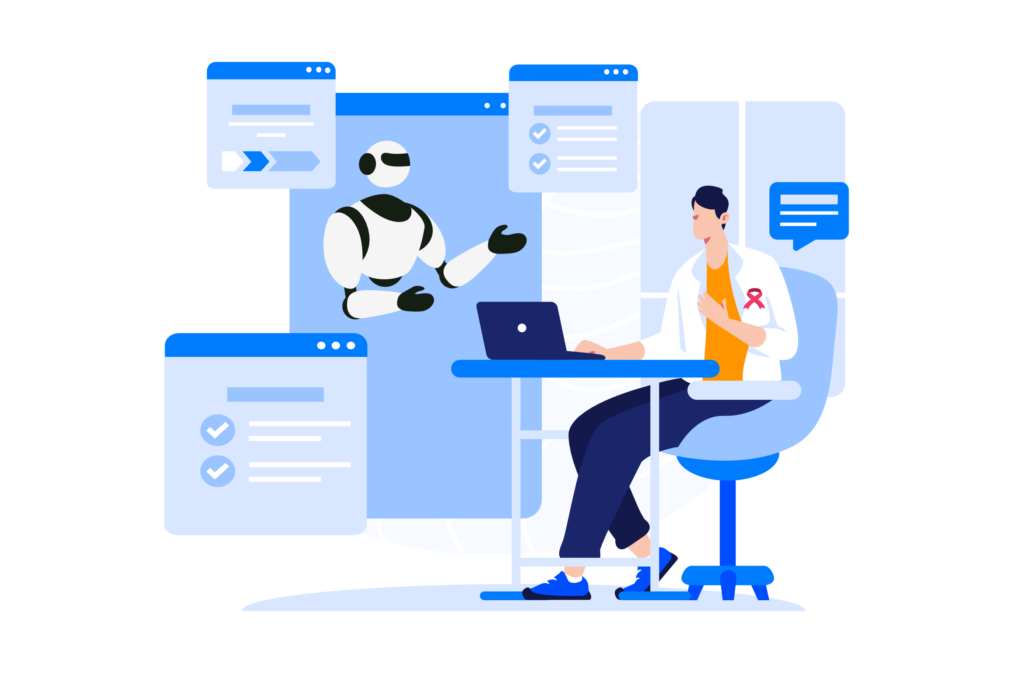The Modern Oncology Training Dilemma
The gap between training and real-world performance is even more evident in AI Roleplays in Oncology, where sales teams face complex therapies and strict compliance boundaries. For training leaders in life sciences, success is often measured by completion metrics. Every rep finishes the certification, every workshop runs on time, and every assessment looks solid on paper. But once those same reps step into the field, something changes. Their confidence starts to dip, their messaging becomes inconsistent, and the quality of their conversations begin to vary from person to person.
This gap between training and what actually happens in the field is one of the biggest challenges learning leaders face today. Oncology teams in particular, face one of the toughest challenges in regulated industries especially in healthcare. Building rep confidence require more than traditional training methods.
Keep reading the blog as we explore how human learning and artificial intelligence intersect in one of the most complex and highly regulated fields such as oncology. The discussion looked at how AI-driven simulations are changing the way sales teams get ready for the field, the common challenges that can slow adoption, and the real results teams are seeing once they start using this approach.
Why AI Roleplays in Oncology Matters Now
Traditional role plays have long been a core part of sales training for decades. They bring the human element that makes practice invaluable, but they also bring human limitations.
In a typical workshop, a rep practices in front of peers and managers, often under high pressure setting. The fear of judgment often makes people hold back or play it safe. It’s hard to focus on learning when you feel like everyone’s watching or evaluating you. Thus, leading to a pressure in which reps contain themselves from experimenting, taking risks and truly improving.
AI Roleplays in Oncology helps create a judgment-free practice space where reps can experiment and refine their messaging. When reps are given a judgment-free space to practice on their own, they can focus completely on getting better instead of worrying about how they’re being perceived. They’re free to make mistakes, try again and keep refining till they feel it’s natural.
Repetition is another benefit. Traditional workshops allow one or two attempts; AI practice offers as many as a rep wants. That repetition builds the ability to recall information and respond naturally under pressure.
Each repetition within AI Roleplays in Oncology strengthens recall and helps reps deliver confident, compliant conversations.
For oncology teams dealing with complex therapies and compliance rules, this difference is significant. Each repetition helps reps strengthen recall, sharpen phrasing, and internalize compliant messaging.
Common Barriers and Practical Fixes in AI Roleplays in Oncology
| Barrier | Fix |
|---|---|
| Fear of judgment in workshops | Private mode for early reps, manager review mode when ready |
| Inconsistent grading across regions | Published rubric with weights and pass thresholds |
| Static demos that do not reflect slides | Screen-share aware sessions that question the content on screen |
| Slow coaching cycles | Real-time prompts that allow reps to adjust mid-conversation without breaking flow |
| Compliance risk in complex messages | Required statements as pass gates and auditable transcripts |
Understanding Different Types of Learners
When rolling out AI Roleplays in Oncology, not every rep reacts the same way, people react in different ways, to which AI Roleplay is not an exception either. In most sales teams, there are three broad groups of reps:
- Tech-Savvy Reps: A small group, roughly 15 percent, always ready to dive right in. They’re naturally curious, enjoy experimenting with new tools and see AI as an exciting way to practice and grow.
- Reluctant Reps: The largest group is made up of those who are cautious, watchful but eager to watch, learn and understand how something works before committing to it. Once they see the true potential of how AI helps them prepare for real-world conversation, they become the strongest advocates for such products.
- Tech Adverse Reps: Finally, there’s a smaller set of reps, about 15 percent, who like to stick with what works for them. They’re comfortable with traditional training and may find new technology intimidating.
This mix is perfectly normal. The most important factor is overcoming hesitation is clear communication. Reps need to understand that AI roleplaying is not an assessment or surveillance tool. It is designed purely for practice, self-improvement and safer environment to practice which completely negates the fear of judgement from peers, colleagues or trainers. This reassurance helps them build confidence, trust and a learning process that helps them face the real-world conversations.
Learning through Practice and Feedback
People learn best when they can practice something multiple times and think about what worked and what didn’t. In most traditional workshops, that kind of repetition is rare is not possible considering the scale of organization’s teams, reps in each team and the time that goes with it. There’s rarely an opportunity for each rep to build confidence and improve through one-off workshop sessions.
AI now allows sales reps to learn in a way that matches their own rhythm. They no longer must wait for the next scheduled practice session, they can log in anytime, anywhere, revisit a scenario and keep practicing until it feels right. After every session, they receive instant feedback on what they did well and where they should be focusing more or the phrases they can improve. With every repetition, they keep getting better and the message gets more aligned allowing the rep to grow their confidence.
Continuous practice is the foundation of AI Roleplays in Oncology. Reps can revisit real-world scenarios until they feel field ready. Each rep can progress at their own pace, focusing on areas that need attention while reinforcing what they already do well.
The Path Ahead
AI Roleplay is not here to replace trainers or traditional training. It is meant to make their jobs more effective, purposeful and impactful. Trainers bring experience, empathy and much needed context that technology alone cannot provide. The human element of training brings quality but with it some gaps which can be filled through AI. What AI truly adds are the consistency scale and immediate feedback to create a more connected learning ecosystem.
For reps, the impact is just as meaningful. They get a safe space to practice, learn at their own pace and converse with every physician meeting feeling fully prepared. AI becomes their personal rehearsal partner, who guides, suggests and helps the trainer take on the role of trusted mentors who oversee improvement through meaningful feedback and data-driven insights for large, globally dispersed sales teams.
In highly regulated industries especially as in Oncology sales, where precision, empathy and timing can define the success, this approach bridges the gap between knowledge and true readiness. Progress is no longer measured by how many certifications are completed rather it’s measured by how confidently & effectively each rep from the team can engage in real conversations that drive results.
At SmartWinnr, we help life sciences organizations adopt AI Roleplays in Oncology to make training continuous, compliant, and measurable. Our AI Roleplay platform combines intelligent coaching with real-time feedback to help teams build lasting confidence, compliance and capability.
Want to See How it Works?
Book a demo today to see how AI Roleplays in Oncology is helping top pharma companies keep their field teams ready for every critical conversation.
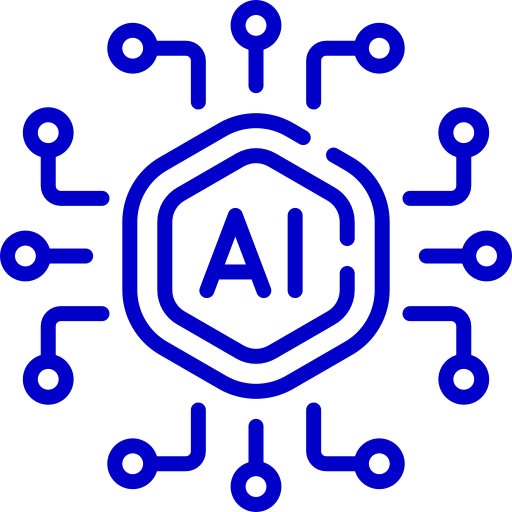 Two way AI Role Plays
Two way AI Role Plays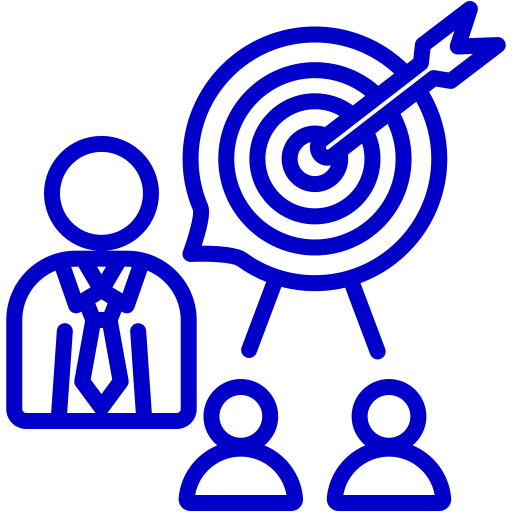 Targeted Learning
Targeted Learning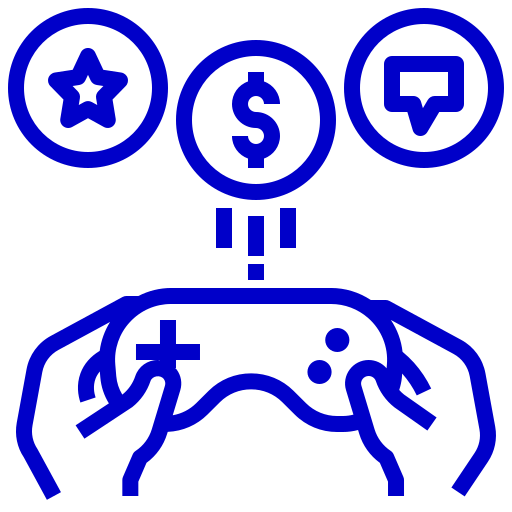 Gamification
Gamification Sales Coaching
Sales Coaching Sales Contest
Sales Contest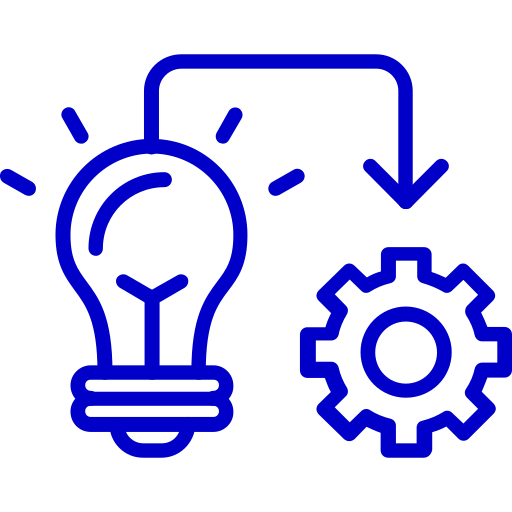 Implementation
Implementation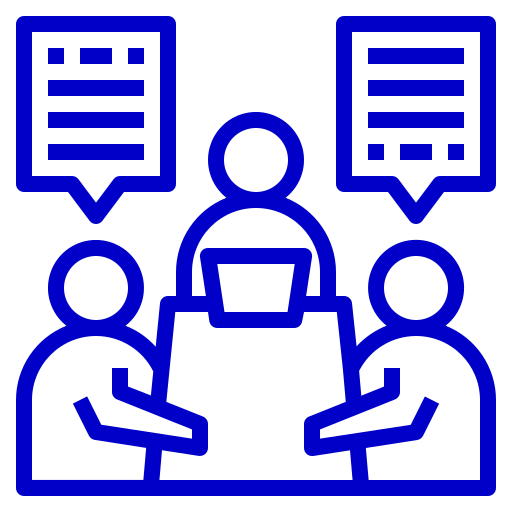 Consulting
Consulting Enterprise Ready
Enterprise Ready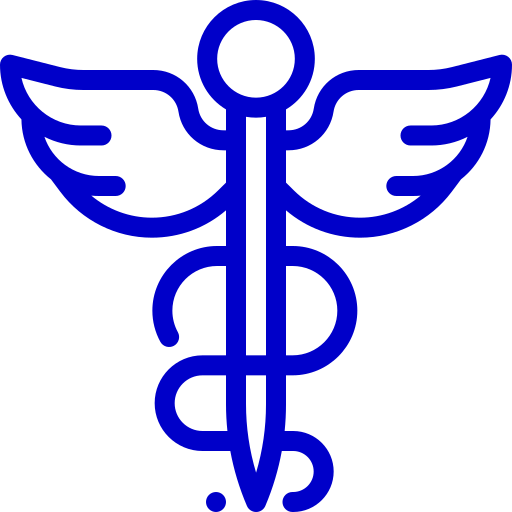 Pharmaceuticals
Pharmaceuticals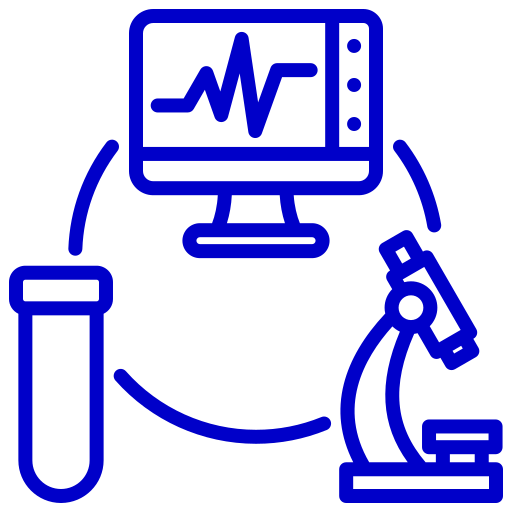 Medical Devices
Medical Devices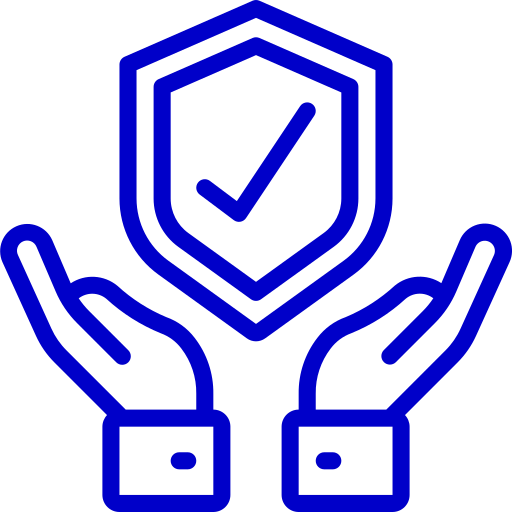 Insurance
Insurance Banking
Banking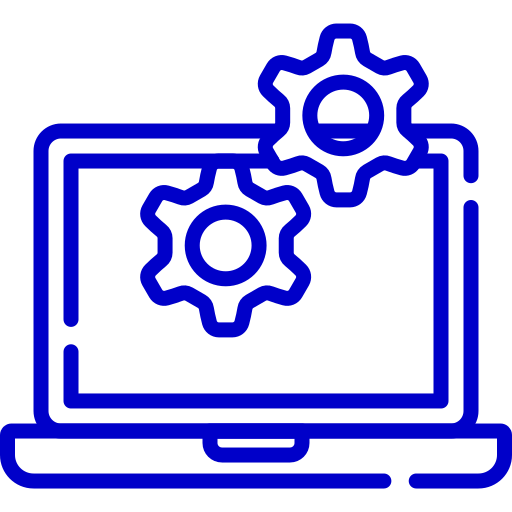 Technology
Technology Senior Living
Senior Living Sales
Sales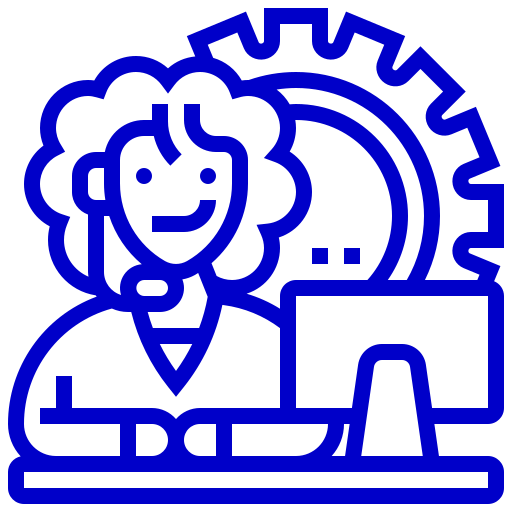 Call Centers
Call Centers Marketing
Marketing Improve Sales Productivity
Improve Sales Productivity New Hire Onboarding
New Hire Onboarding New Product Launch
New Product Launch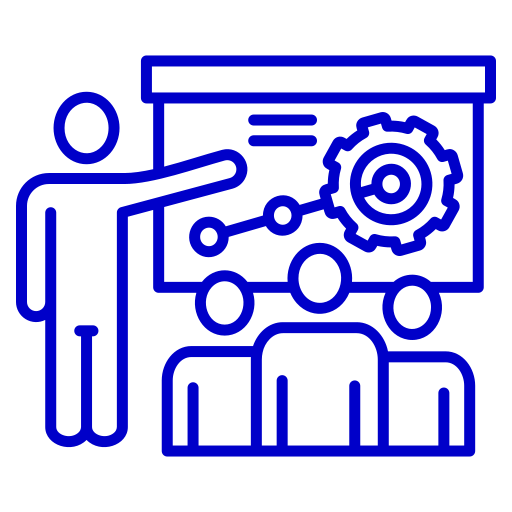 Channel Partner Training
Channel Partner Training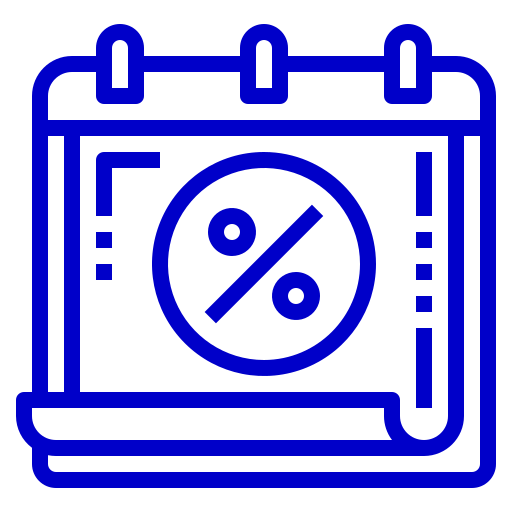 Sales Events
Sales Events Success Stories
Success Stories Whitepapers and eBooks
Whitepapers and eBooks Contest Template Designer Tool
Contest Template Designer Tool Sales Training
Sales Training Gamification
Gamification All Blogs
All Blogs